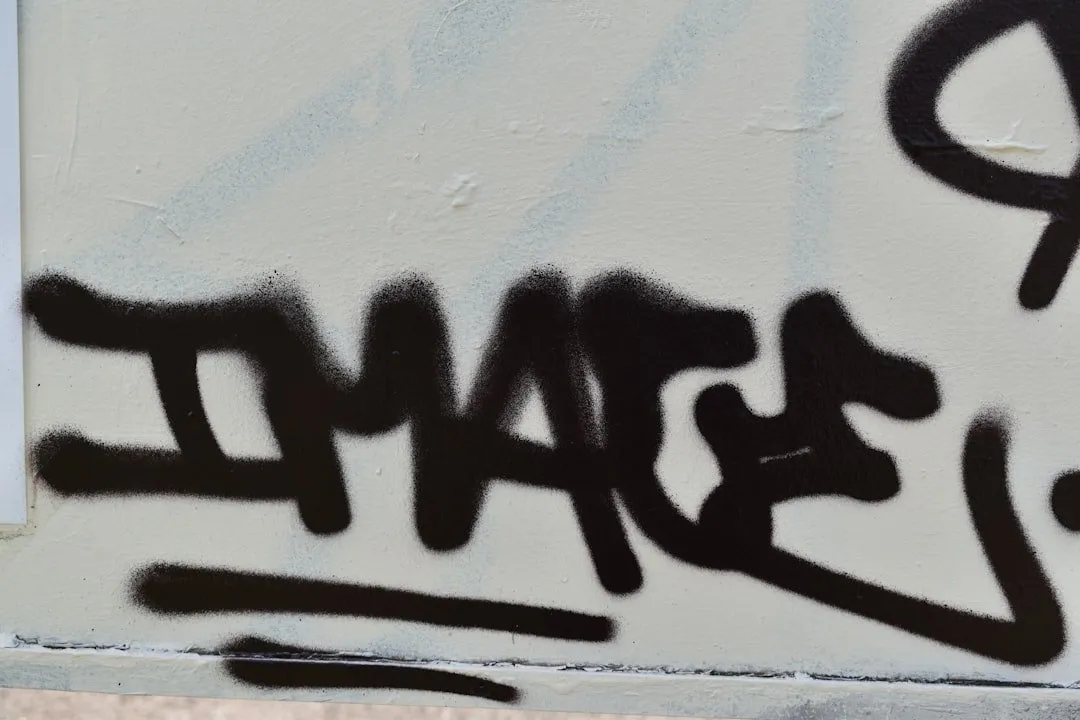Kratom, an alternative treatment for opioid use disorder, is legally complex in Louisiana due to varying state and local regulations. While some forms are classified as controlled substances, others may be decriminalized locally. Individuals considering Kratom for recovery should check their local laws, consult healthcare professionals, and understand that its effectiveness remains under research. Combining Kratom with traditional addiction treatments can enhance recovery outcomes.
“Kratom, derived from the tropical plant Mitragyna speciosa, has gained attention as a potential aid in addiction treatment and recovery. This natural substance offers promising benefits for managing withdrawal symptoms and mitigating cravings, making it a topic of growing interest in the medical community. However, its legality varies across regions, including Louisiana, where the status remains a point of contention. This article explores the potential role of kratom in addiction treatment, delves into its legal landscape in Louisiana, and provides considerations for safe and effective use.”
- Understanding Kratom and Its Potential Role in Addiction Treatment
- Is Kratom Legal in Louisiana? Exploring the Legal Landscape
- Considerations for Safe and Effective Use of Kratom in Recovery
Understanding Kratom and Its Potential Role in Addiction Treatment

Kratom, derived from the tropical tree Mitragyna speciosa, has gained attention for its potential as an alternative treatment for addiction, especially in the context of opioid use disorder. This natural substance, often available in various forms like powder or capsules, contains alkaloids that interact with the body’s opioid receptors, offering both analgesic and stimulant effects. In recent years, many people have turned to kratom as a self-help measure for managing withdrawal symptoms and cravings during recovery from addictive substances.
However, it’s crucial to note that the legality of kratom varies across regions. As of now, kratom is largely legal in the United States, but local regulations differ. For instance, in Louisiana, while kratom itself isn’t explicitly listed as illegal, its sale and possession are regulated under the state’s controlled substance laws. This means it’s essential for individuals considering kratom for addiction treatment to understand their area’s legal status and consult healthcare professionals before use, especially since the effectiveness of kratom in treating addiction is still a subject of ongoing research.
Is Kratom Legal in Louisiana? Exploring the Legal Landscape

In Louisiana, the legality of Kratom is a subject that has garnered significant interest and debate among residents and healthcare professionals alike. As of recent years, Louisiana has joined a growing list of states where specific forms of kratom are regulated and controlled. However, navigating the legal landscape requires careful consideration due to varying regulations at both state and local levels.
The current legal status in Louisiana is that certain compounds derived from the Kratom plant (Mitragyna speciosa) are classified as Schedule I and II controlled substances under state law. This means that possession, sale, and distribution of these kratom compounds without a valid prescription from a licensed healthcare provider is strictly prohibited. However, it’s important to note that some local jurisdictions within Louisiana may have more lenient regulations or even decriminalized certain forms of kratom use, so residents are encouraged to check their local laws for specific details regarding legality.
Considerations for Safe and Effective Use of Kratom in Recovery

Using Kratom for addiction recovery requires careful consideration and a thorough understanding of its legal status, especially in Louisiana. While kratom is not currently considered illegal at the federal level in the US, including Louisiana, its regulatory status varies across states. It’s crucial to check local laws before obtaining or using kratom for any purpose. In some areas, it might be classified as a controlled substance or have restrictions on sale and possession.
For safe and effective use in recovery, individuals should consult healthcare professionals who have expertise in addiction medicine. Dosage and form of kratom intake must be carefully monitored to avoid potential side effects and mitigate risks. Additionally, combining kratom with other treatments like therapy, support groups, or medication-assisted treatment (MAT) can enhance overall recovery outcomes.
Kratom holds promise as an alternative tool for addiction treatment, particularly in supporting recovery from opioid use disorders. However, its legal status remains a critical consideration, especially in Louisiana, where laws surrounding kratom usage are evolving. While some states have legalized it for medical purposes, including treating withdrawal symptoms, Louisiana currently restricts its use, adding complexity to access and safety guidelines for those seeking addiction recovery support. Therefore, individuals interested in using kratom for these purposes must stay informed about local regulations and consult healthcare professionals for safe and effective integration into their recovery plans.














